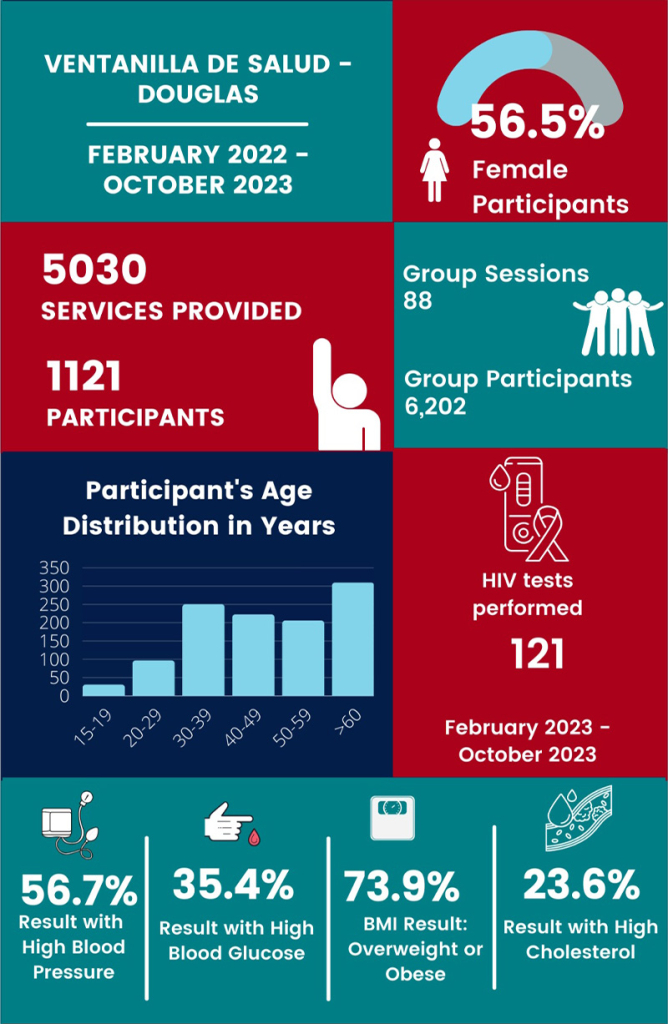
Epidemic Management Innovations: Leveraging Mobile Health Solutions
In the face of global health challenges, the integration of mobile health solutions has emerged as a game-changer in epidemic management. These innovative technologies not only enhance the efficiency of healthcare systems but also empower individuals to actively participate in disease prevention and control.
1. Mobile Health Surveillance: A Real-Time Approach
Mobile health (mHealth) solutions have revolutionized epidemic surveillance by providing a real-time and data-driven approach. Through the use of mobile apps and wearable devices, individuals can contribute to a collective pool of health data. This data, when aggregated and analyzed, enables health authorities to detect potential outbreaks promptly and implement targeted interventions.
2. Telemedicine for Remote Consultations
The advent of telemedicine has significantly transformed healthcare accessibility, particularly during epidemics. Mobile health platforms facilitate remote consultations, allowing individuals to seek medical advice without the need for physical visits to healthcare facilities. This not only reduces the risk of disease transmission but also ensures that healthcare services remain accessible to those in quarantine or isolation.
3. Mobile Apps for Contact Tracing
Efficient contact tracing is a critical component of epidemic control. Mobile apps equipped with Bluetooth technology enable automated contact tracing, notifying individuals who may have been exposed to a contagious disease. This proactive approach helps in breaking the transmission chain and allows for swift intervention measures.
4. Remote Patient Monitoring: Empowering Individuals
Mobile health solutions empower individuals to actively participate in their healthcare, especially during epidemics. Wearable devices and mobile apps enable remote patient monitoring, allowing individuals with mild symptoms to be monitored from the comfort of their homes. This not only ensures timely intervention but also reduces the burden on healthcare facilities.
5. Mobile Health Education Campaigns
Education is paramount in epidemic control, and mobile health solutions serve as effective tools for disseminating information. Mobile apps and messaging services can be utilized to launch educational campaigns, providing the public with accurate information, preventive measures, and updates on the evolving situation.
6. Data Security in Mobile Health
As mobile health solutions become integral to epidemic management, ensuring the security of health data is crucial. Robust encryption measures and adherence to privacy regulations are essential to build trust among users. Mobile health platforms must prioritize the protection of sensitive health information to encourage widespread adoption.
7. Wearable Technology in Epidemic Response
Wearable technology, such as smartwatches and fitness trackers, plays a significant role in epidemic response. These devices can monitor vital signs, detect early symptoms, and contribute valuable health data to the overall surveillance network. Integrating wearables into mobile health solutions enhances the comprehensiveness of epidemic monitoring.
8. Mobile Health for Vaccine Distribution
In the context of epidemic solutions, mobile health is instrumental in vaccine distribution. Mobile apps can provide real-time updates on vaccine availability, schedule appointments, and even offer digital vaccine passports. This streamlined approach ensures efficient vaccination campaigns, contributing to herd immunity.
In conclusion, the integration of mobile health solutions in epidemic management represents a paradigm shift in healthcare delivery. From real-time surveillance to remote patient monitoring and education campaigns, these innovations empower individuals and strengthen the overall response to global health challenges. For the latest updates on Mobile Health Epidemic Solutions, visit healthcares.my.id and stay informed about the evolving landscape of healthcare technology.













